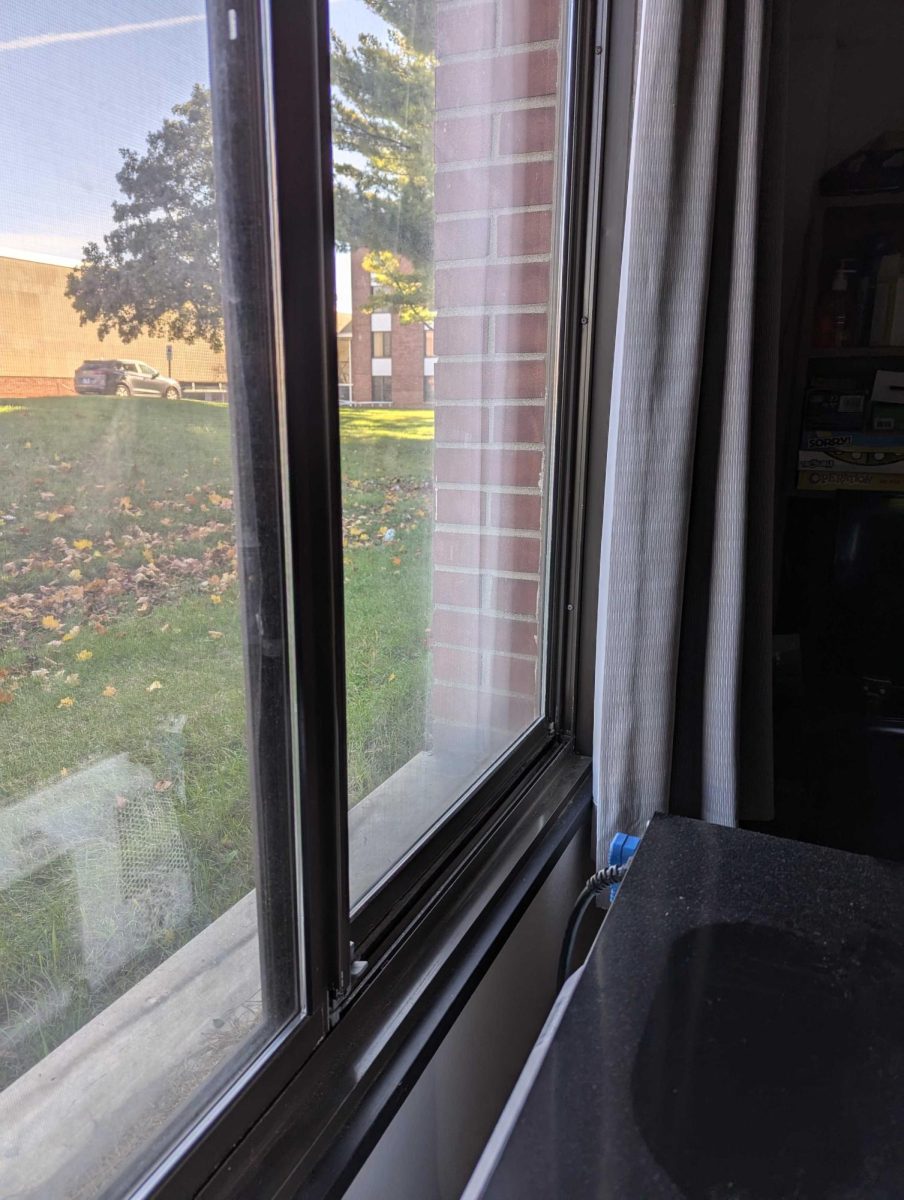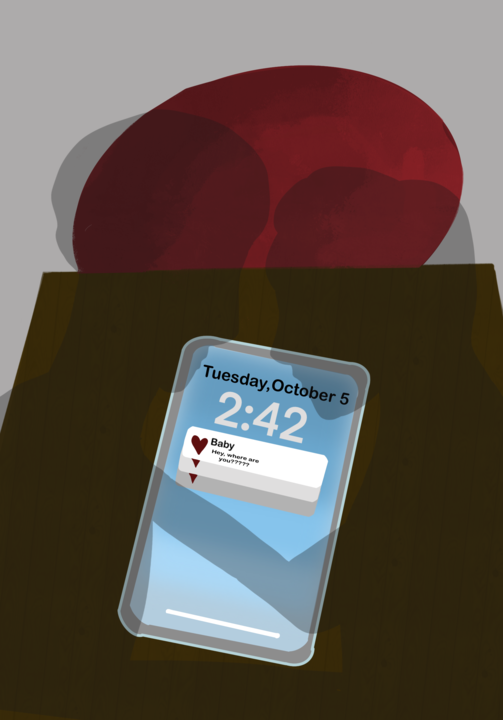Temperatures are dropping as fall starts to settle in. The days when Neptune West needed to keep its windows open to stay cool are past, but shutting the windows against the cold took longer than necessary this year.
For a few cold mornings, the halls were just as chilly as the outside world. Everyone on the floor experienced this cold when they walked to the bathrooms to brush their teeth or use the toilet, and the cause was easily visible at the end of the hall.
I currently live in Neptune West, and eventually, I closed the windows myself. It had grown too cold, and yet no one else had used this simple solution.
At the beginning of the year, during the hottest days of this semester, the windows had already been opened to cool the residence hall down. Until recently, no one had taken action to do the same when temperatures had approached a different extreme, however.
“I feel like it’s a public space, and I’d rather, like an administrative person, like an administrative individual, close the windows instead,” said Sophi Carguillo, a sophomore business administration major.
A common reason for not opening the windows comes from concern of rainy weather and left-open windows. Residence hall residents must be aware they are liable for damages and may be subject to administrative fines depending on severity of the damage. Costs can be high.
If rain falls onto the carpeting, mold could grow, and getting rid of it could be expensive. Similarly, should rain reach exposed electrical outlets, the damage could cost even more to repair.
There are no rules prohibiting students from interacting with the windows in Neptune Hall, according to the Housing and Residential Services Handbook. However, the handbook expects students to keep windows closed during harsh weather to prevent water damage to the dorm and other residents’ possessions.
This policy means students can open and close windows whenever they feel it is necessary to regulate the temperature in the residence halls, whether it is their room window, or the windows in the halls and lobbies. This may also help prevent anyone from feeling ill due to too much or too little heat.
If students feel it would be better for the windows to be opened or closed, they are free to do whatever they want. The only exception is when it rains; the windows should be closed to prevent students from paying for damage they may not be at fault for.
On the other hand, students might not close windows when it is raining because they are preoccupied. Genevieve Canal, a first-year psychology major, suggests using signs to warn students to be mindful of open windows.
“I think maybe put up signs that we’re supposed to close them, because maybe we think we’re not allowed to close them,” Canal said.
Residence hall residents live in our halls for most of the year. It may feel like a minor ask, but it is in our best interests to pay attention to the condition of the halls like they are our own homes.















